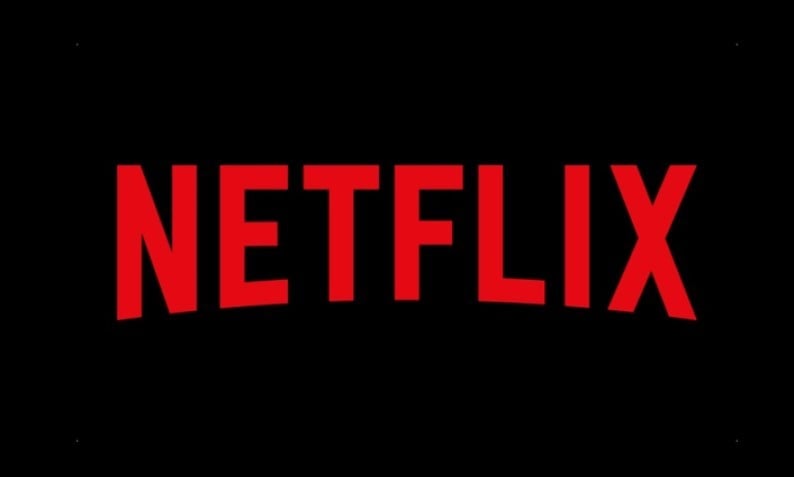 Two weeks ago we published our overview of the most pirated TV-shows of 2023, with HBO’s “The Last of Us” emerging as the clear winner.
Two weeks ago we published our overview of the most pirated TV-shows of 2023, with HBO’s “The Last of Us” emerging as the clear winner.
The annual list featured series from all popular video subscription services, except one. In line with previous years, Netflix titles were notable for their absence.
This could lead to the conclusion that pirates simply think that Netflix content isn’t worth watching. Possible, perhaps, but when paired with comments made by Netflix’s top executives over a decade ago, another explanation is much more intriguing.
Pirates Have Subscriptions
In absolute terms, the U.S. harbors the most pirates by far, good for billions of visits every year to pirate sites. Many of these pirates are not simply freeloaders; they have legitimate subscriptions too. However, since subscribing to more than a handful of services is quite costly, piracy is used on the side.
As pointed out in the past, the fragmented streaming landscape has kept piracy relevant. Consumers are willing to pay for content, but their budgets are limited. This explains why legal streaming platforms are frantically fighting for market share.
According to the latest numbers, Netflix continues to be firmly in the lead. With 77.3 million paid streaming subscribers in the U.S. and Canada, Netflix beats all competitors and some have already declared it the winner.
Today, many people see their Netflix subscription as a fixed cost and are more willing to give up subscriptions to other platforms. This tendency would help to explain why there are no Netflix titles in the Top 10 Most Pirated TV-Shows overview; the number of potential pirates for these shows is lower.
Netflix: Piracy is No Problem for Us
When Netflix launched its streaming service years ago, it initially billed itself as a piracy competitor. At some point, the company even used illegal download statistics as market research, to determine which TV shows and movies should be added to its library.
Netflix viewed piracy as an opportunity rather than a threat. According to CEO Reed Hastings, piracy could even help to create demand for online streaming, which was a good thing.
“Certainly there’s some torrenting that goes on, and that’s true around the world, but some of that just creates the demand,” Hastings said at the time.

Hastings appeared to be right; Netflix amassed hundreds of millions of subscribers worldwide, producing its own content as well. The Hollywood incumbents were caught sleeping at the wheel, and have been trying to catch up ever since.
In recent years the legitimate video streaming landscape welcomed many new players, all offering exclusive content. At the same time, however, many pirates moved from torrents to illegal streaming sites and apps, acting as direct competition to paid services.
Piracy as a Secret Weapon?
On paper, all streaming platforms are affected by piracy. While it’s hard to put an accurate dollar number on the impact, it’s safe to say that streaming services would have more subscribers if piracy magically disappeared overnight. Not all platforms are hit equally, however.
If Netflix is indeed the service able to retain the most paying subscribers, pirates are more likely to watch content from other platforms without paying. This would be in line with what we saw in our most pirated TV show list.
In terms of numbers, a recent survey found that the percentage of U.S. consumers without access to a Disney+ (46%) or HBO Max subscription (54%) is twice as high when compared to Netflix (20%). This naturally means that the potential for piracy is much higher for these platforms.
If the other streaming platforms suffer from higher piracy rates, online piracy could inadvertently help Netflix to keep its lead. This type of conclusion, which requires backup from more elaborate data, would be an interesting one.
Does this mean that Netflix isn’t cracking down on piracy? Not quite.
As a member of the Motion Picture Association and the Alliance for Creativity and Entertainment, Netflix is a key sponsor of anti-piracy efforts worldwide. This makes sense because piracy ultimately affects Netflix’s subscriber volumes too.
That said, Netflix does find itself at an advantage since piracy appears to hurt the competition more.
For now, it seems that the entertainment industries have yet to find a way to permanently defeat piracy. As the Daily Beast highlighted this weekend, randomly pulling popular content from legal services doesn’t help to keep people on board.
Aside from anti-piracy efforts and litigation, the streaming landscape should benefit from less fragmentation and more unified access.





